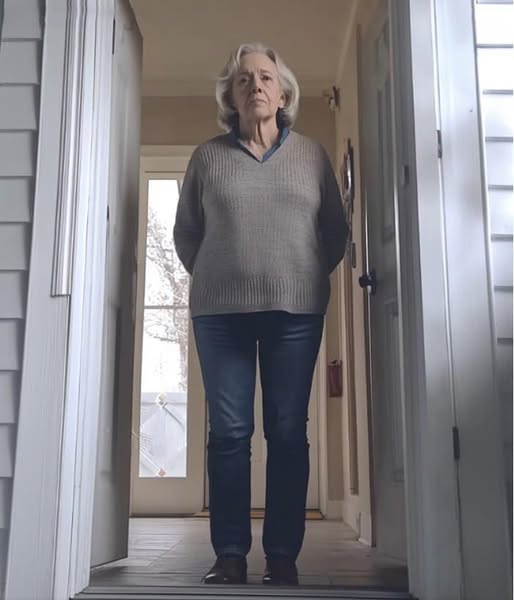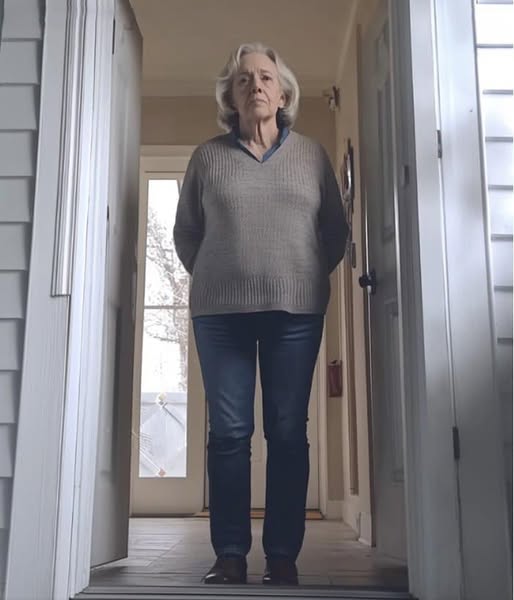Steve spent his entire life searching for a mother he never knew, growing up in foster homes and dreaming of a reunion. When he finally found her, he hoped for a heartfelt embrace, but instead, he faced her words, “I think you’ve come for what’s in the basement,” which led to an unsettling confrontation with his past.

For nearly twenty years, Steve longed to look his mother in the eye and ask, “Why did you leave me?” Each foster home and fresh start was a painful reminder of the void left behind. He clung to a fragile belief that she had no other choice and that somewhere inside, she still loved him, although she couldn’t stay.
The lullabies she sang haunted him, buried deep in his memory like a melody meant to soothe, reminding him instead of missed birthdays, Christmas mornings, scraped knees, and tear-filled nights.
At 18, Steve embarked on a search. He had no photos or full name, just “Marla” and a faint memory of her voice. He navigated adoption archives, hired private investigators, and spent on databases. Yet, every lead vanished, leaving him with unanswered questions and an unwavering determination.
A revelation came when he turned twenty. Sharon, the foster mother closest to being a real mom, handed him an envelope discovered among his childhood things. On the back of an ancient document, faded ink revealed a name and an address: Marla.
“Maybe this will help,” Sharon uttered, her voice tinged with guilt. “I thought it wasn’t my place to tell you earlier. I’m sorry.” The name felt like a lifeline.
Overwhelmed, Steve stared at the address just two hours away. He bought a simple but respectable suit and a bouquet of daisies, uncertain if they were her favorite. With hope and fear intertwined, he drove to her house.
The house was old and worn, its brown paint peeling, and a brass door knocker aged by time. Trembling, Steve knocked on the door.
It opened to reveal a woman with deep wrinkles and silver hair. But it was her eyes, mirroring his own sorrow, that struck him. “Are you Marla?” he asked, his voice unsteady.
Her gaze was intense, expression unreadable. “I think you’ve come for what’s in the basement,” she said unexpectedly.
He followed her down the stairs to an old trunk, its rusty hinges creaking as she opened it. Inside were hundreds of photographs—a visual record of his life from childhood to adolescence. He felt his breath leave him. Someone had been watching over him all along.
“I followed you,” she confessed. “I needed to make sure you were okay.” Her words cut deep.
“You watched me? You left me to get lost in the system, and now you tell me you’ve been following me?”
“I wanted to come after you,” she said, tears filling her eyes, “But your father was dangerous. Abandoning you felt like the only way to keep you safe.”
Steve sank to the last step, his head in his hands. “I don’t know if I can forgive you,” he eventually whispered.
“I don’t expect you to,” Marla replied softly. “I just want you to know I never stopped loving you.”
They sat in the silence of the basement, surrounded by the weight of their story. There wasn’t a resolution, but it was a beginning—a tentative step toward healing wounds that had festered too long.
They lingered in the quiet, feeling the gravity of what was both lost and found. Though forgiveness wasn’t immediate, acknowledgment of shared pain was a start. It was a start toward understanding and perhaps, someday, to healing.
We would love to hear about your thoughts and personal stories. Share your views and experiences with us!




